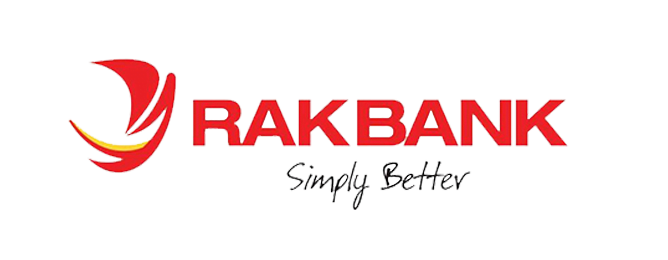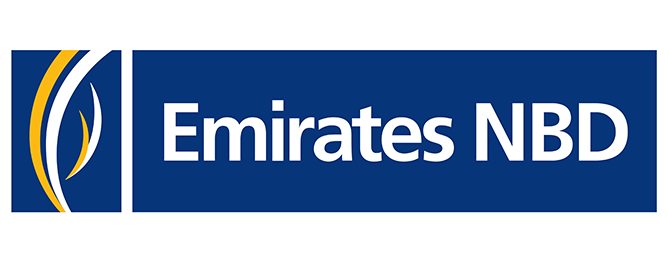DIFC Freezone Company Formation

Key Benefits of Establishing a Business in DIFC Free Zone
0% Corporate Tax
Companies that operate in DIFC are exempt from paying corporate taxes for the next fifty years and can be renewed.
100% Foreign Ownership
DIFC Free Zone also permits 100 percent ownership of the business by outsiders, and business owners have every right to control their companies entirely.
Repatriation of Profits
Businesses can repatriate all profits without restrictions, providing full financial flexibility.
World-Class Networking
This ensures that DIFC only hosts the best financial institutions, law firms and consultancies, and multinational corporations to allow for selective and strategic collaboration.
Understanding DIFC Legal Structures and Categories
Business Setup Process in DIFC Free Zone – Step-by-Step Guide

Step 2: Prepare Required Documentation
Enclose an identification of any regulatory authorities needed, the business plans, and license application forms.
Step 3: Obtain Initial Approval
DIFC authorities first assess and evaluate your application and, if they pass your company’s reputation and standing, they agree to let you set up shop within the region.
Step 4: Complete Office Leasing and Licensing
Secure an office space within DIFC and finalize your licensing requirements.
Step 5: Complete Registration and Start Operations
Complete your registration process with DIFC authorities, and you are good to commence operation.
Our Customer's We're trusted by global brands

Google Reviews Our Happy Customers
Business Setup in DIFC Free Zone Frequently Asked Questions
What are the benefits of setting up a business in the DIFC Free Zone?
Key benefits include 100% foreign ownership, tax exemptions on corporate and personal income for up to 50 years, access to a vast financial community, strong regulatory frameworks, world-class infrastructure, and no restrictions on repatriating profits or capital.
Who can set up a business in DIFC?
The DIFC mainly serves organizations in the financial sector including, banking and rental institutions, investment companies, insurance providers, and innovative financial institutions. However, it also caters to professional services, law firms, and other ancillary service providers.
How long does it take to set up a business in DIFC?
In general, the establishment of a business normally takes 2-4 weeks in DIFC depending on the type of business, and the formalities that are involved in the application and receiving of all necessary approvals as well as the completion of other formalities as may be required.
What is the corporate tax rate in the DIFC Free Zone?
At the moment, the organizations registered in DIFC enjoy the free zone status which guarantees the absence of a corporation tax for the next 50 years. However, there are certain conditions businesses must meet, such as adherence to the rules and regulations of the DIFC, as well as adhering to the right standard accounting practices.
Is there a requirement for physical office space in DIFC?
Yes, the majority of the businesses operating in DIFC are subjected to physical establishment requirements. DIFC has various choices depending on the choice of the organization; these include conventional offices, business premises, and offices suited for shared usage.
What types of licenses are available in DIFC?
The license categories include the Financial Service License, the Non-Financial Service License, the Professional License, the Retail License, and the Commercial License. This particular license relies on the type of business.











